Across Protocol, a cross-chain bridge project, is currently at the center of a governance firestorm after allegations emerged accusing the team of manipulating DAO votes to transfer millions in tokens to a connected nonprofit.
The claims were made by an anonymous user known as “ogle | glue.net” on X, who shared a lengthy on-chain analysis arguing that insiders orchestrated two proposals in 2023 and 2024 to quietly send 150 million $ACX tokens, now worth around $23 million, to Risk Labs, a Cayman-registered nonprofit tied to Across.
The post further alleges that key insiders, including project lead Kevin Chan and CEO Hart Lambur, used undisclosed wallets like "maxodds.eth" to vote through proposals with minimal community oversight.
Ogle suggests this tactic allowed the team to stage votes that appeared community-driven but were largely controlled by the same group receiving the funds.
A second proposal reportedly involved selling token options to investors despite a publicly stated two-year no-sale pledge.
DAO governance or controlled stage show?
While Across Protocol operates under the framework of a decentralized autonomous organization (DAO), the controversy has raised broader questions about the authenticity of such structures.
Critics argue that if insiders can use hidden wallets to influence votes for their own benefit, the entire DAO model risks becoming performative.
Similar issues have emerged across the crypto space, with 2025 seeing a surge in disputes over insider-driven decision-making. DeepDAO reports that DAOs now manage more than $9.3 billion in assets, making governance clarity more important than ever.
In response, CEO Hart Lambur took to X to reject the accusations as “categorically untrue,” maintaining that Risk Labs has acted within its stated fiduciary duty and that token grants were intended to fund protocol development.
Lambur emphasized his and the team’s long-standing commitment to the crypto ecosystem. Still, the lack of formal conflict-of-interest disclosures has fueled ongoing community debate.
With new players like MakerDAO using AI to improve governance, Across’s situation might serve as a case study for why transparency mechanisms could be due for a major upgrade.




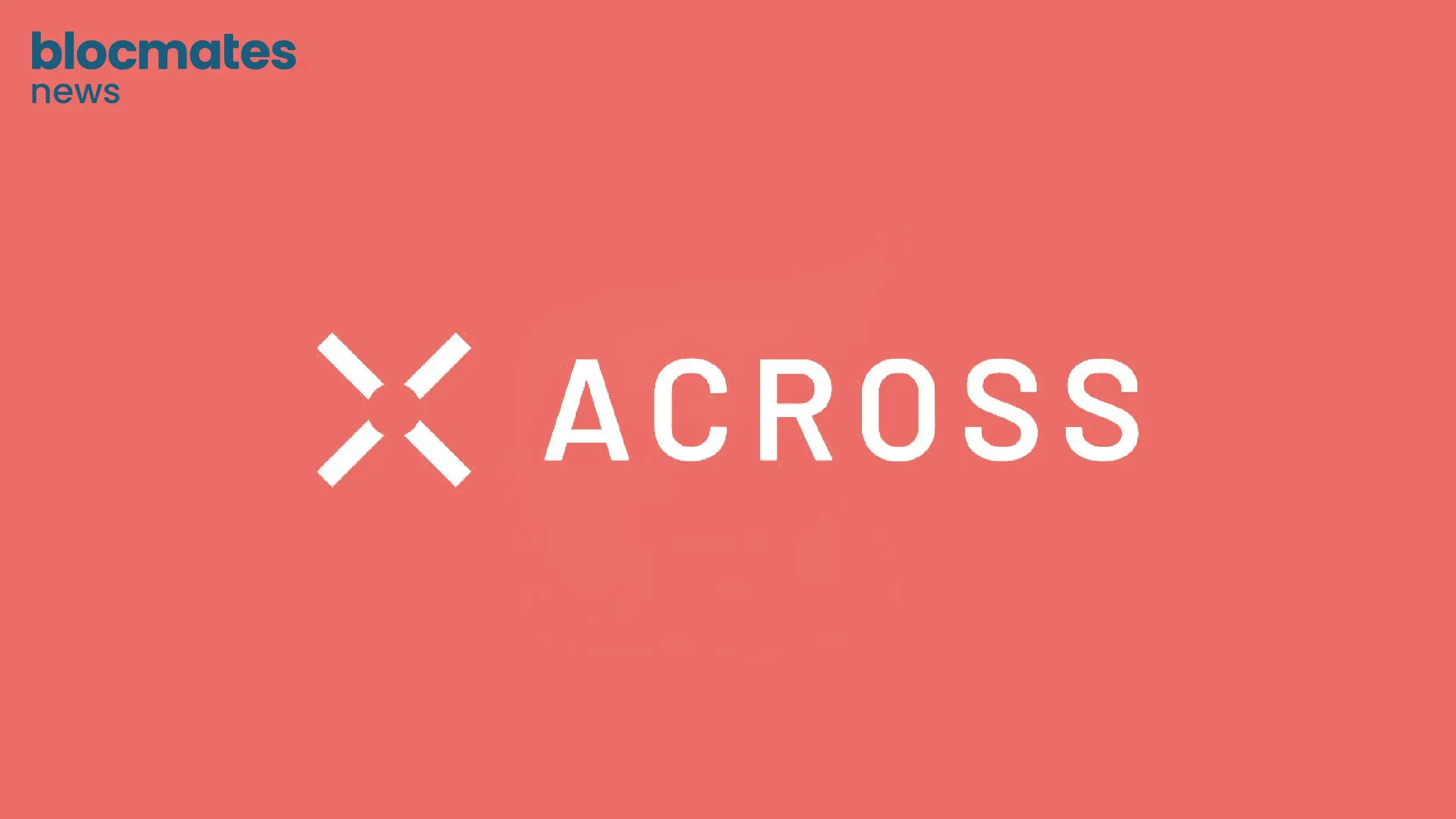




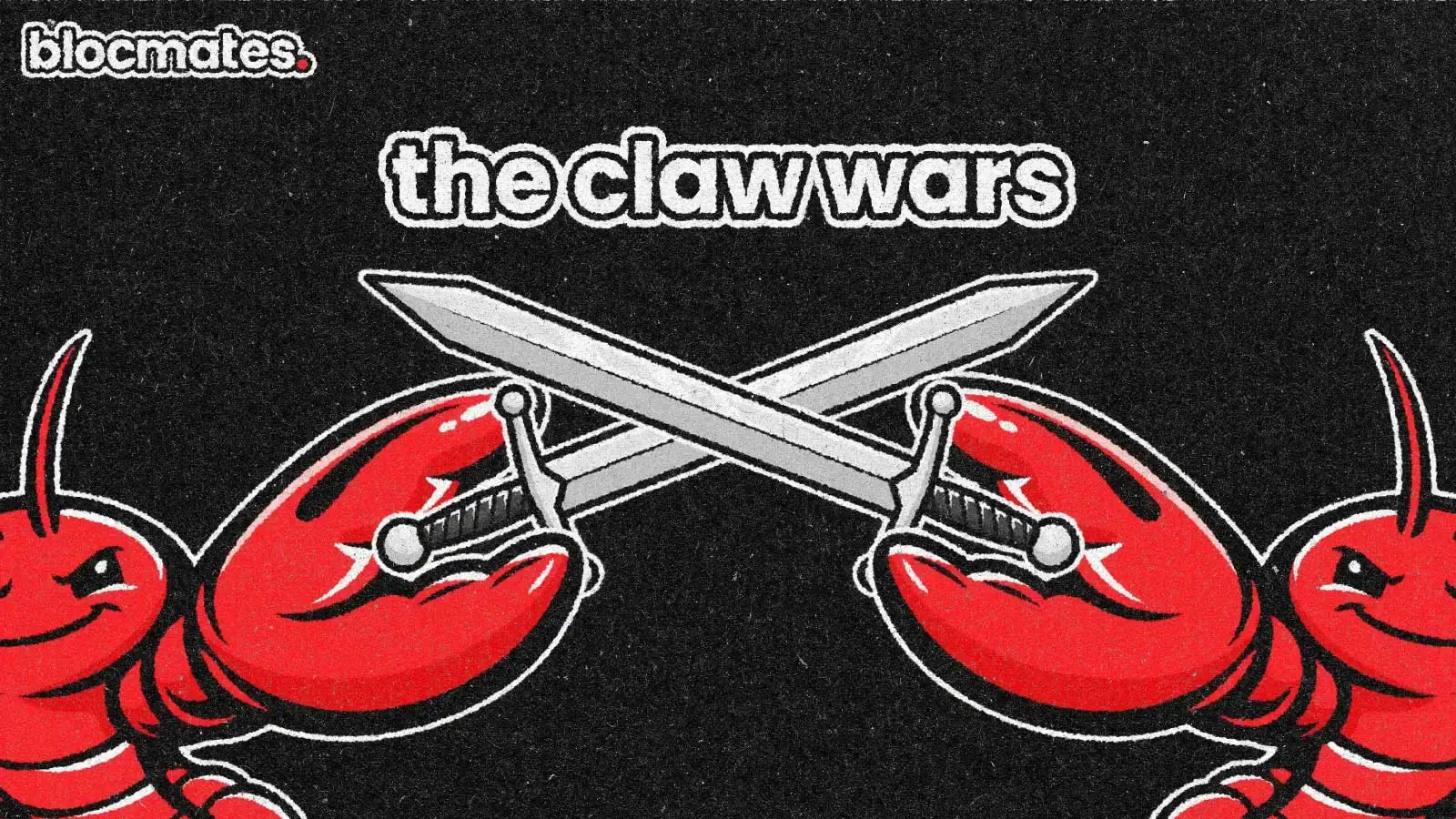


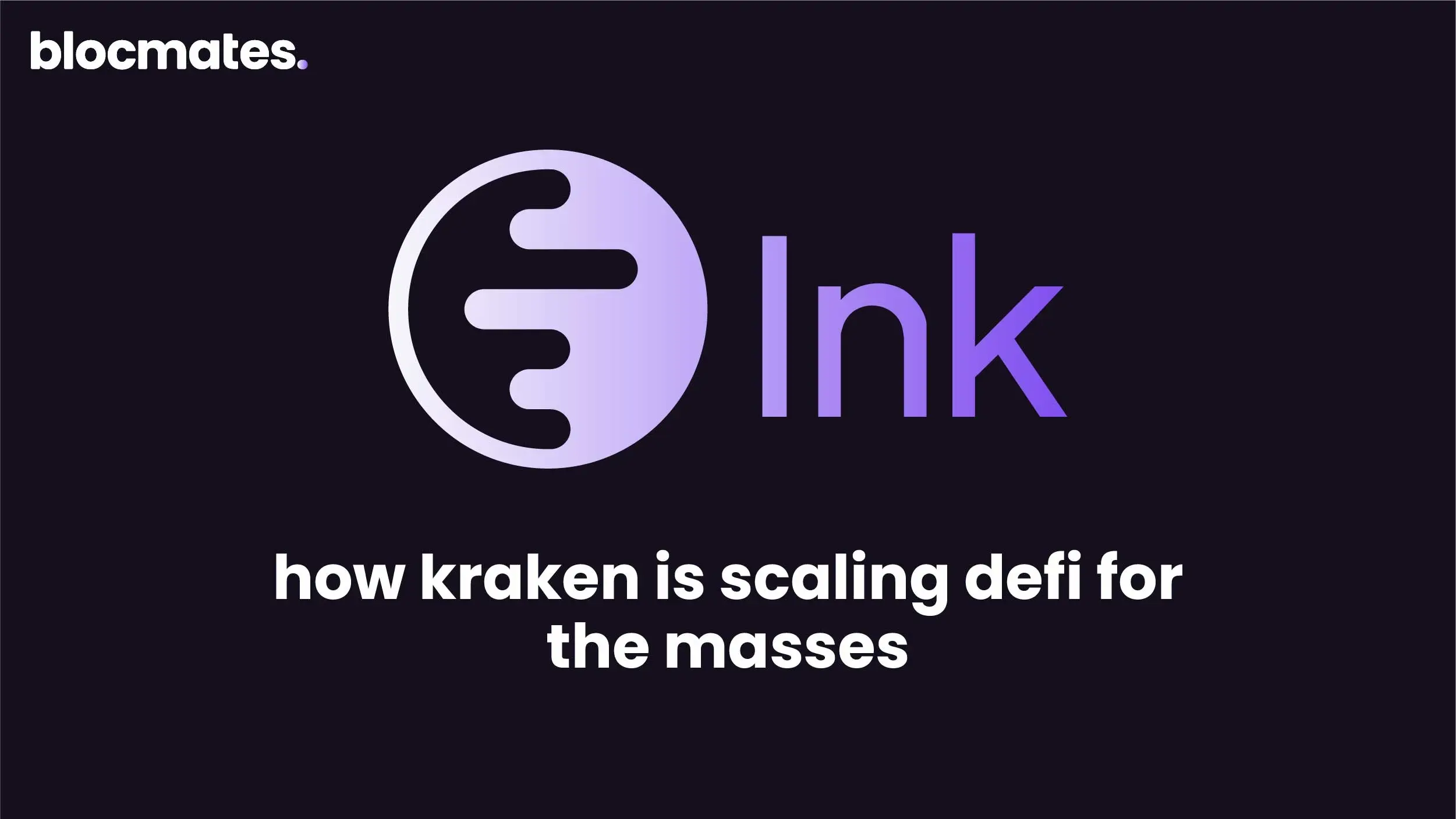
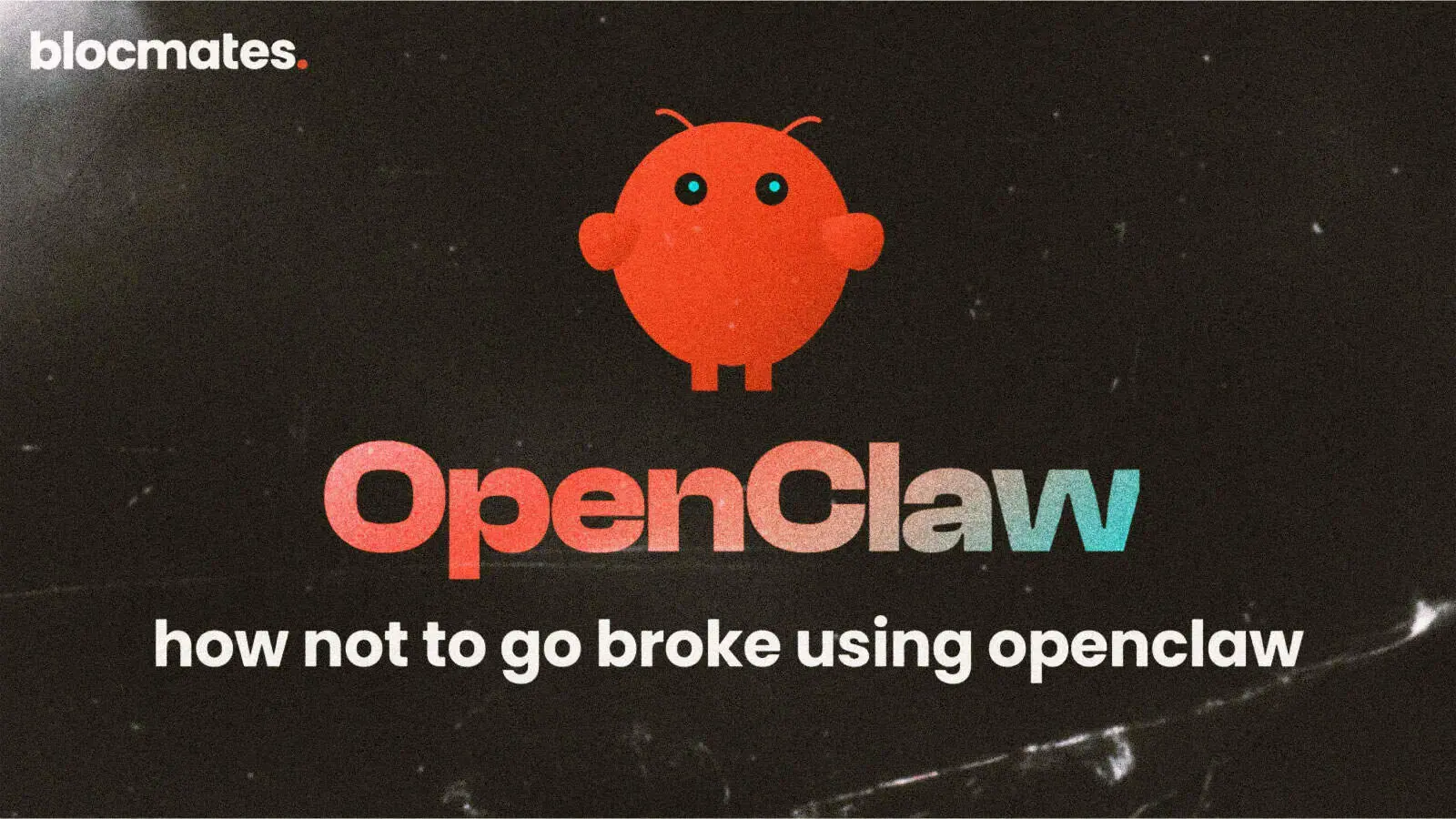
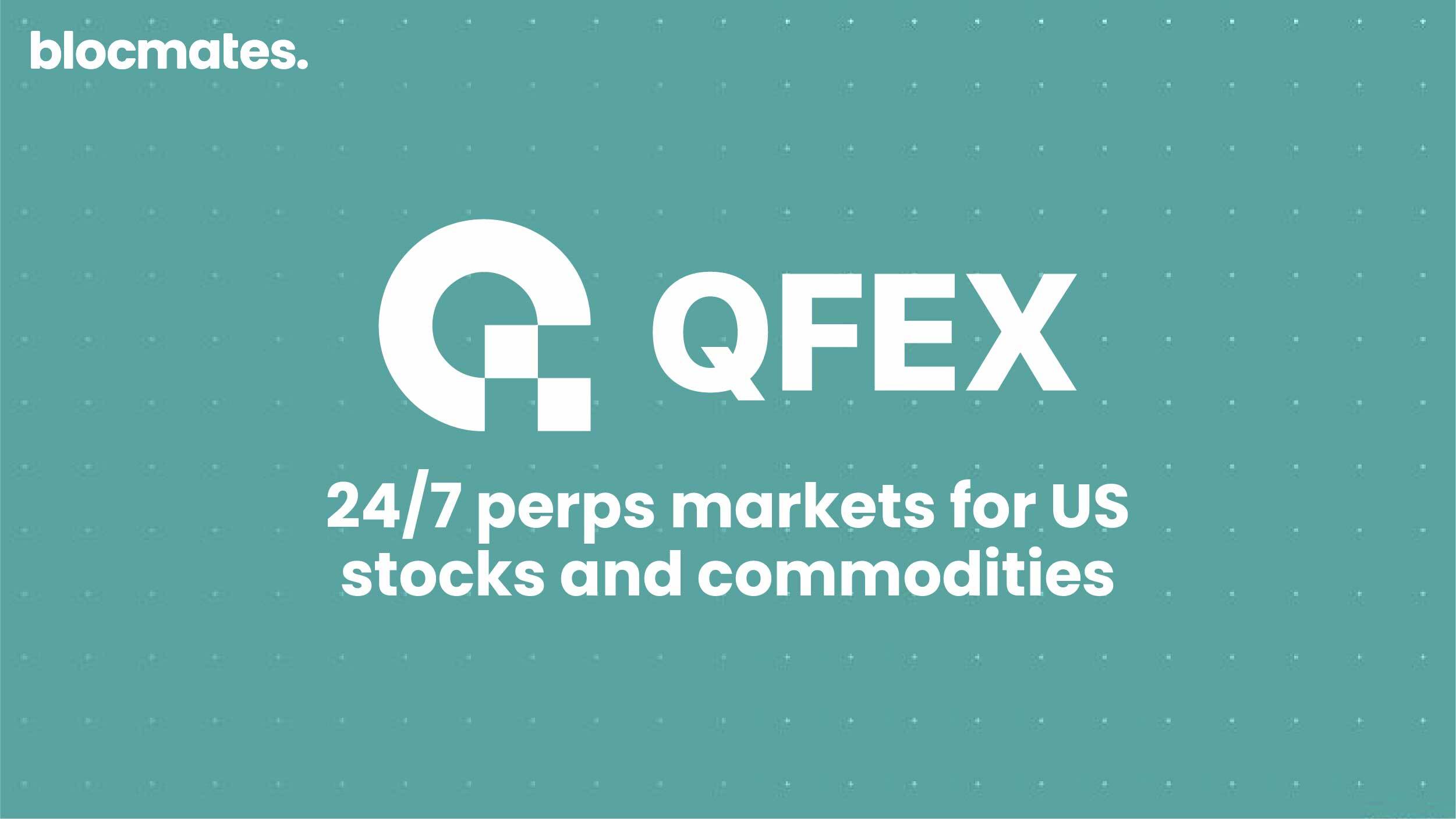
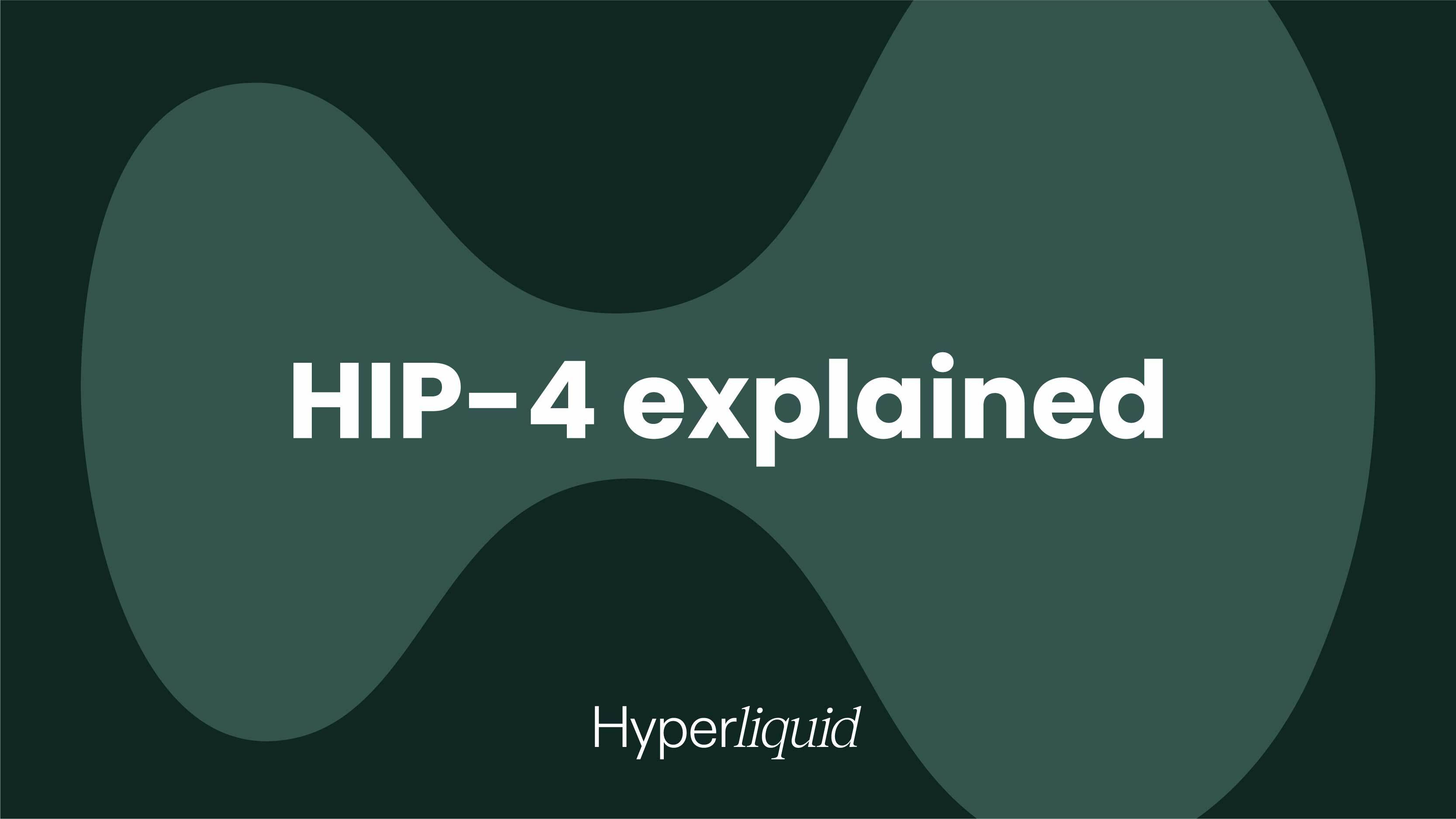


















.webp)

.webp)
.webp)

%20(1).webp)



























































%202.webp)


.webp)

.webp)
.webp)
.webp)


.webp)
.webp)

.webp)
.webp)
.webp)


.webp)
.webp)










.webp)


.webp)









.webp)







.webp)




.webp)


























.webp)







.webp)















.webp)

.webp)
.webp)

.webp)














.webp)

.webp)


.webp)








.webp)




